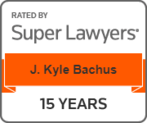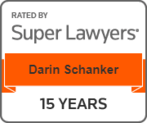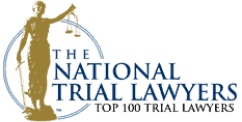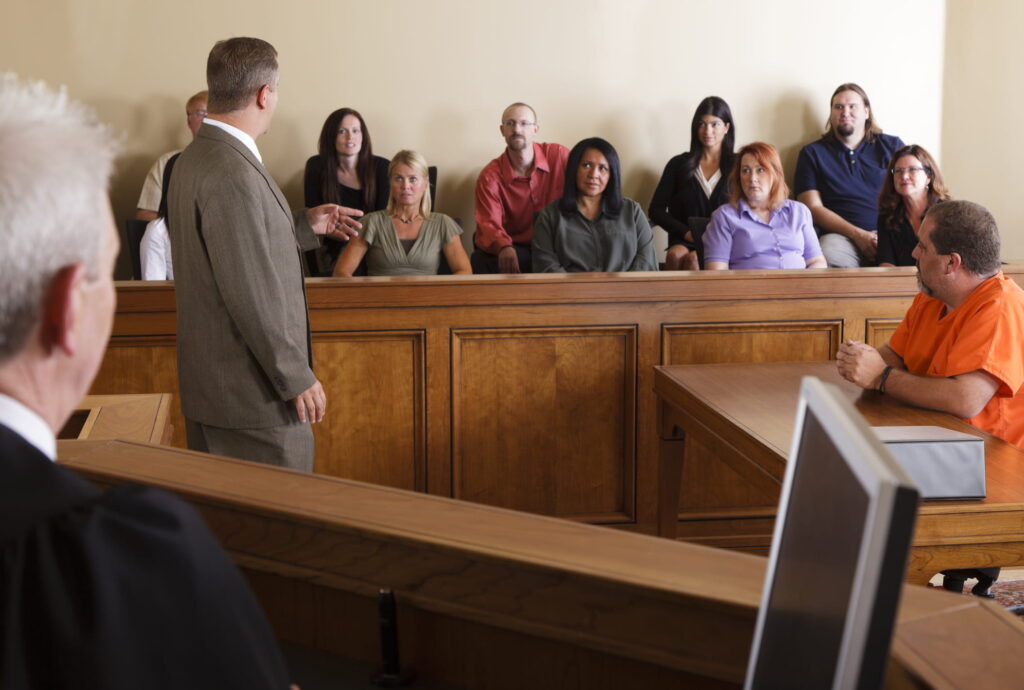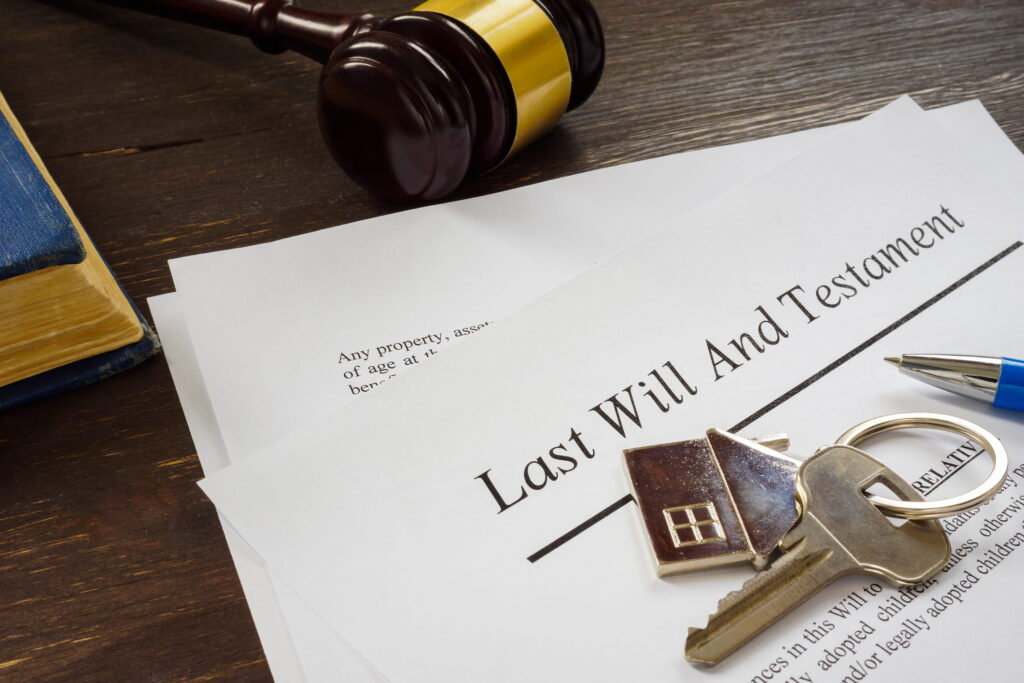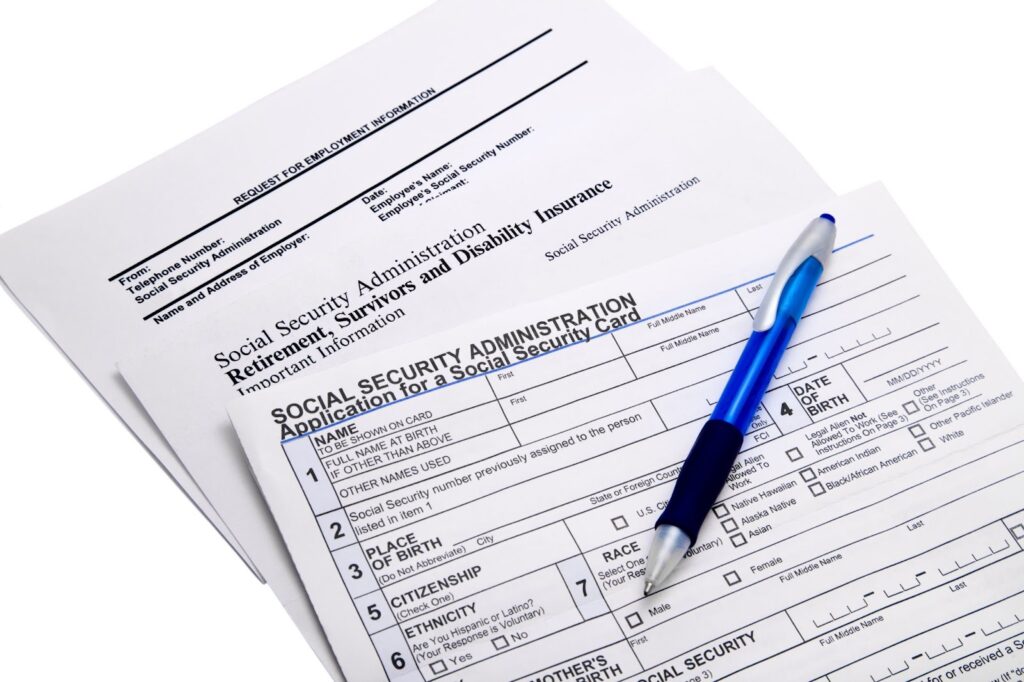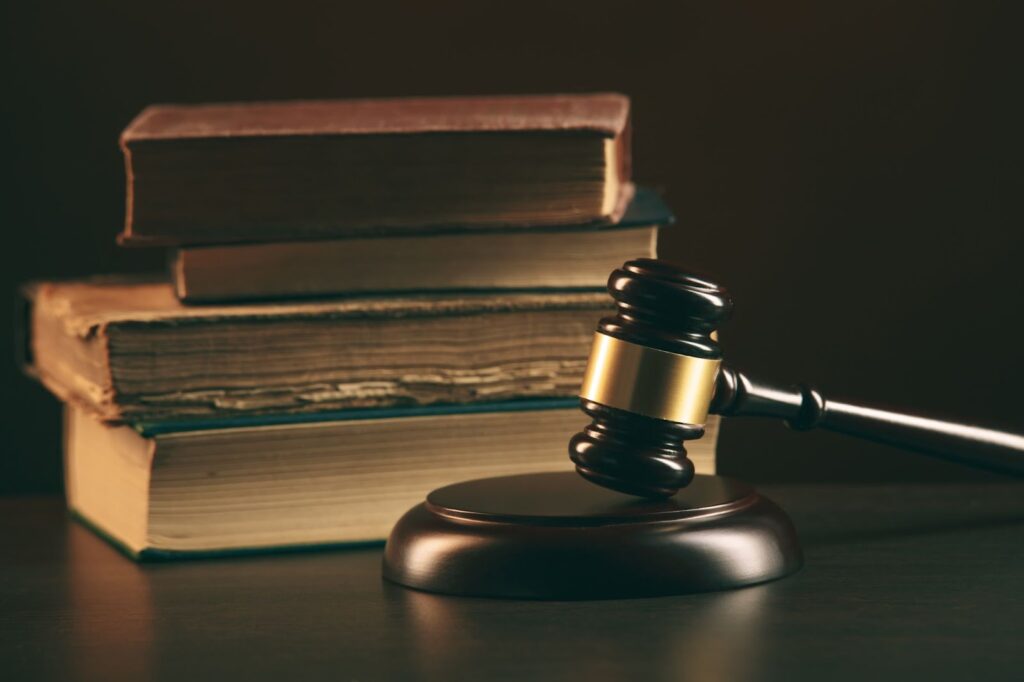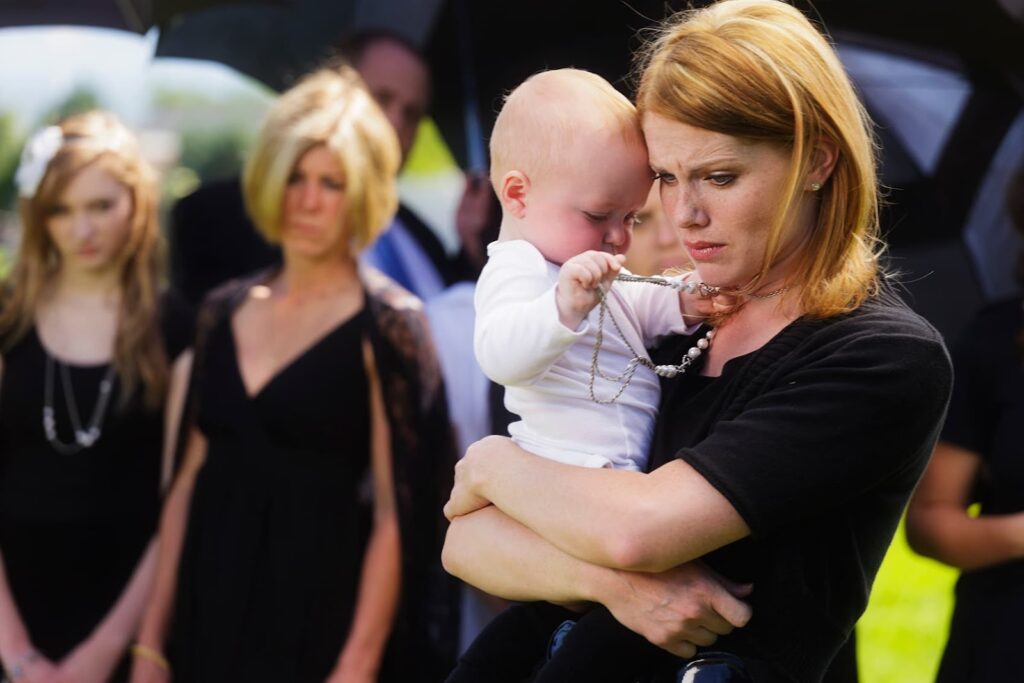Who Can Bring A Wrongful Death Claim?
Losing a loved one due to a tragic accident is one of the most difficult experiences anyone can face. When your loved one’s death may be the result of someone else’s negligence, the pain can be compounded. The unimaginable pain you and your family are experiencing can feel overwhelming and debilitating. The legal experts at Bachus & Schanker are committed to offering the support and legal guidance you and your loved ones deserve to help you navigate this difficult period.
Bachus & Schanker Wins – Over $1 Billion Recovered
Our team fights tirelessly to represent victims and their loved ones as they journey through recovery. We take seriously the role of holding negligent parties accountable so your family can have the closure they deserve and no other family has to experience the pain of losing a loved one. Learn more about who can file a wrongful death lawsuit, as well as your rights and options.
- What is a wrongful death lawsuit?
- What qualifies as a wrongful death lawsuit?
- Who can bring forward a wrongful death claim?
- Who may be sued for a wrongful death?
- What type of compensation may survivors receive?
- What is the statute of limitations for a wrongful death claim in Colorado?
- Rules on wrongful death lawsuits by state
- How a wrongful death attorney can help you seek justice
- Visit Our Office Locations Across Colorado & Beyond
- Related Wrongful Death Resources
- You Deserve Fair Compensation
What is a wrongful death lawsuit?
A wrongful death lawsuit is a type of civil claim that is filed by the surviving family members or dependents of a person who has died due to negligence, recklessness, or wrongful actions of another party.
This type of lawsuit seeks to hold the responsible party accountable for their actions. Plaintiffs can recover damages on behalf of a decedent’s estate or on behalf of the family’s losses caused by the death.
Wrongful death lawsuits can arise from a number of situations, including the following:
- Car and truck accidents
- Workplace accidents
- Medical malpractice
- Defective products
- Intentional acts such as murder
A wrongful death lawsuit seeks to hold the negligent party accountable in the form of damages. Civil lawsuits cannot see out criminal charges. A prosecutor has to bring forward a criminal lawsuit to hold a defendant criminally liable. In criminal lawsuits, defendants are held accountable through fines and jail time.
What qualifies as a wrongful death lawsuit?
To have a case that qualifies as a wrongful death lawsuit, certain elements must be present in your claim, including the following:
- The death of a person must have occurred
- The death must have been caused by the negligent or wrongful actions of another party
- Surviving family members or dependents must have suffered damages as a result of the death. These damages can include financial losses, loss of companionship, emotional pain and suffering, and funeral expenses.
Once these elements are present, a plaintiff is tasked with providing sufficient evidence that proves their claims. The stronger the proof, the greater the likelihood you will be successful in your lawsuit.
Who can bring forward a wrongful death claim?
While laws differ from state to state, the guidelines regarding a family suing for wrongful death overlap nationwide. Under Colorado law, “heirs” are defined as “lineal descendants of the victim” and are typically the individuals who can bring forward a wrongful death lawsuit. Qualifying claimants typically include:
- A spouse
- Children
- Parents of the deceased (they can only file if their child does not have a spouse or children who can file)
- Anyone else who has been specified as a “designated beneficiary” by the decedent
- In special cases, extended family members or dependents who relied on the deceased for financial support may also have the right to file a claim
Additionally, there are specific time frames that have to be adhered to. In the first year after a loved one’s death, a claim can only be brought forward by the surviving spouse, or upon the written election of the surviving spouse, heirs of the descendants can file suit. Designated beneficiaries can also file in the first year.
Who may be sued for a wrongful death?
The parties that may be sued in a wrongful death lawsuit depend on the circumstances surrounding the death. Typically, any person or entity that you believe was negligent and caused the circumstances that led to your loved one’s death can be sued for wrongful death. Common defendants can include:
- An individual such as a negligent driver or a healthcare professional
- A company, such as a manufacturer of a defective product
- An employer whose negligence led to a fatal workplace accident
- A healthcare facility, including a hospital that was responsible for your loved one’s death
What type of compensation may survivors receive?
Family members who file a wrongful death lawsuit in Colorado can seek both economic damages and non-economic damages. Economic damages refer to calculable losses sustained by your loved one’s passing. Non-economic damages are harder to calculate but relate to mental anguish, pain and suffering, and similar losses you face.
Examples of the type of damages you can receive in a wrongful death lawsuit include the following:
- Medical expenses associated with treatment, hospitalization, and other medical services
- Funeral and burial expenses
- Loss of the decedent’s income and service
- Pain and suffering (capped at $250,000)
- Loss of companionship and emotional loss (capped at $250,000)
What is the statute of limitations for a wrongful death claim in Colorado?
A statute of limitations is the legal time frame for a qualifying individual to bring forward a wrongful death lawsuit. Colorado wrongful death statute is codified in Colorado Revised Statutes 13-21-201, 13-21-202, 13-21-203, and 13-21-204 under the Colorado Wrongful Death Act.
Under this legislation, family members are legally allowed to bring a wrongful death lawsuit against negligent parties within two years. If the death was caused by vehicular homicide, then the qualifying claimant has up to four years to bring forward a lawsuit.
Rules on wrongful death lawsuits by state
While the laws regarding wrongful death lawsuits vary from state to state, there are many overlaps. You can learn more about wrongful death laws by state to further understand the laws in your state.
How a wrongful death attorney can help you seek justice
In times of tragedy, seeking justice for the wrongful death of a loved one can be overwhelming. With the guidance and expertise of a wrongful death lawyer from Bachus & Schanker, you don’t have to navigate the legal process alone.
Working with our team allows you to tap into invaluable resources, including our Victim Advocates Team. This specialized team of professionals works in tandem with our law firm to help you build a strong case and, more importantly, help connect you to resources in your community that will help guide you during this difficult time.
Sources:
Economic Damages. (2023).
Non-economic damages. (2023).
Visit Our Office Locations Across Colorado & Beyond
Serving Clients Nationwide
Related Wrongful Death Resources
You Deserve Fair Compensation
Don’t let the insurance companies intimidate you into accepting less than you deserve. We’re ready to fight for you.

Written and Legally Reviewed By: Kyle Bachus
4.6 ★★★★★ 1,461 Google Reviews
Kyle is a member of the Colorado Bar associations and has served on the Board of Directors of the Colorado Trial Lawyers Association for more than twenty years in total. Over the years, Kyle has achieved justice for many clients. He has served on numerous committees and repeatedly won recognition from his peers at both the state and national level. He is proud of the role he has played in the passage of state and national legislation to protect consumers and is a frequent speaker and guest lecturer.
